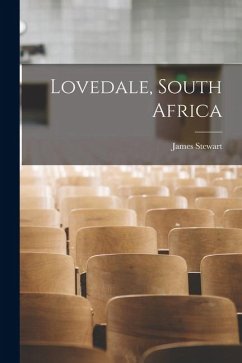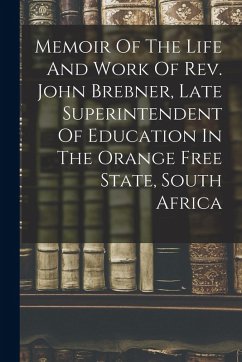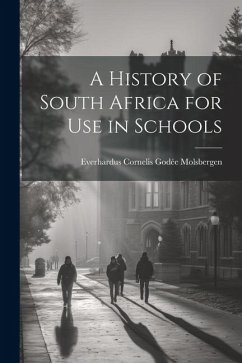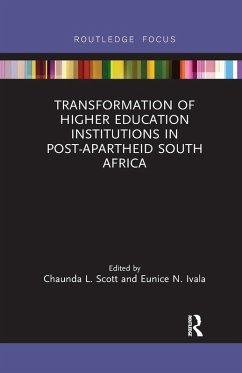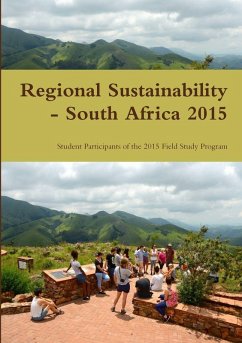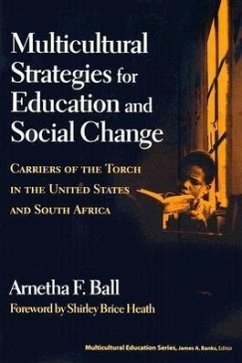Nicht lieferbar
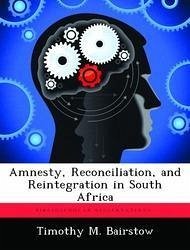
Amnesty, Reconciliation, and Reintegration in South Africa
Versandkostenfrei!
Nicht lieferbar
The process of amnesty, reconciliation, and reintegration (AR2) is typically regarded as a post-conflict process. In South Africa AR2 occurred before hostilities between government security forces and opposition groups developed into a civil war. This makes the South African case of AR2 a distinct, but not unique case. During the transition from apartheid to democracy in the 1990's, civil war was averted in South Africa due to a combination of the political compromise between the National Party and the African National Congress, the pressures placed upon the South African economy, and the mili...
The process of amnesty, reconciliation, and reintegration (AR2) is typically regarded as a post-conflict process. In South Africa AR2 occurred before hostilities between government security forces and opposition groups developed into a civil war. This makes the South African case of AR2 a distinct, but not unique case. During the transition from apartheid to democracy in the 1990's, civil war was averted in South Africa due to a combination of the political compromise between the National Party and the African National Congress, the pressures placed upon the South African economy, and the military's acquiescence to the transition. The reconciliation process in South Africa was instigated by economic factors. South Africa had, in the African National Congress (ANC) and other groups, a significant opposition movement for almost eight decades before the country moved towards reforming the apartheid system. For almost half of that time the ANC and other groups used violence against the state. But it was not until apartheid became too expensive for South Africa's business interests that any viable attempts were made to reconcile the ANC and the National Party. South African politicians on both sides of the conflict did their part to avoid war by recognizing the need for a national reconciliation process and building the structures necessary for reconciliation to occur in a relatively fast, efficient, and very public way. The primary contributors to the process of AR2 in the political sphere were the negotiations between the ANC and the National Party, the Truth and Reconciliation Commission, and local "peace councils" which mitigated conflicts at the village and regional level. While it may seem surprising that South African security forces acquiesced to this process, they did so due to their traditions of subservience to civilian authority, their limited political, and their relatively small size.






